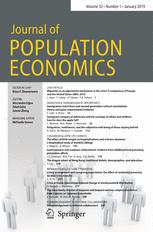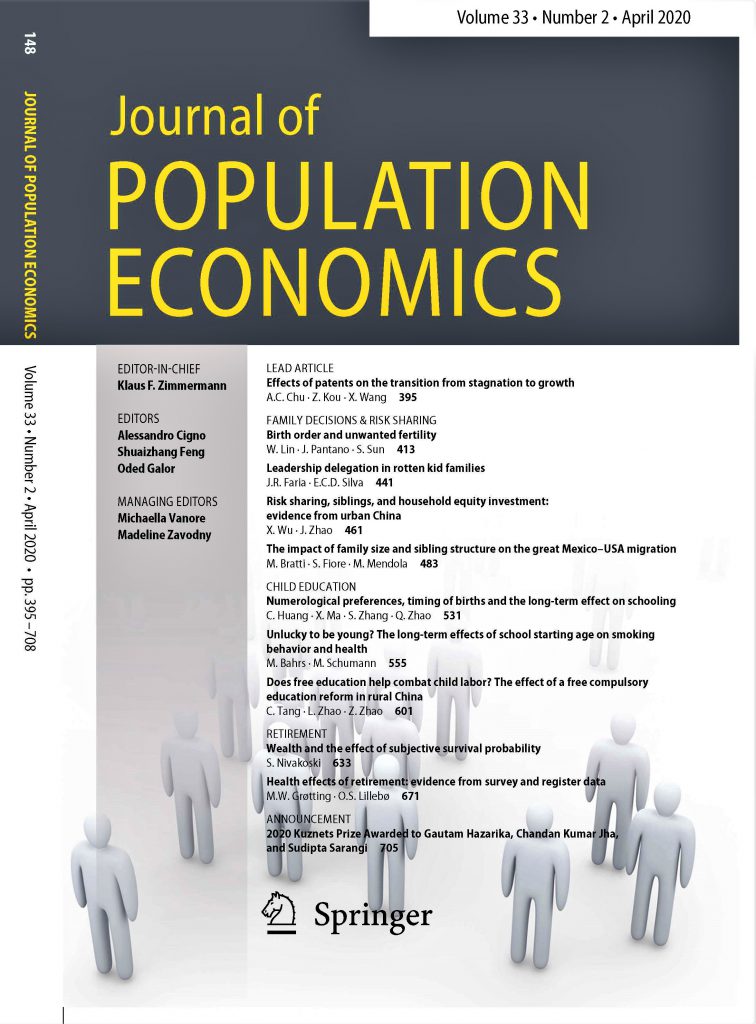GLO Fellow Ferdinand Dudenhöffer (St. Gallen University & University Duisburg-Essen) is the Founder and Director of the CAR – Center Automotive Research in Duisburg. A media star on issues dealing with the challenges and perspectives of cars and the industry, he operates at the interface between research, business and society. He regularly debates the future of electromobility, autonomous driving, artificial intelligence and their employment impacts, as well as the rise of China and the consequences of the coronavirus crisis. Dudenhöffer has been an early supporter of GLO as a member of the GLO Founding Council in 2017.

Interview
GLO: Electromobility and autonomous driving: How fast will these issues dominate the automotive world?
Ferdinand Dudenhöffer: Electromobility will reach Europe, China and California fast. The rest of US is combustion engines with Donald Trump. Probably about 50% of all new cars sold in Europe & China around 2030 will be electric vehicles. Autonomous driving will take more time for passenger cars. I guess only after 2030 we will see progress in that field.
GLO: What are the employment perspectives in the car industry facing the rise of artificial intelligence?
Ferdinand Dudenhöffer: Innovation is the big thing and innovation means AI, 5G and very powerful chips. Thus, the car industry will convert from mechanical engineering to software engineering and computer science. Labor demand will shift in that direction in engineering departments. In car manufacturing, industry 4.0 will possibly lead to one third less blue collar workers by 2030 or so.
GLO: Will China dominate also the future of the automotive industry?
Ferdinand Dudenhöffer: Absolutely. China will become technology leader on a worldwide basis, and not just in the car industry. The USA had been the world innovation leader for the last 50 years. The next 50 years (and possibly forever) China will define the technology development in the world. Companies like Alibaba, Huawei, Geely, Great Wall, CATL will make the pace.
GLO: Facing the coronavirus crisis, how to you evaluate the damage for the industry and the expected role of China in the world?
Ferdinand Dudenhöffer: At the moment, we see the world passenger car market shrinking below the level of 2015, creating an overcapacity of about 10 million cars in 2020. Thus, big red ink will dominate business reports in the car industry in 2020. However, this is based on the assumption that the epidemic will be curtailed at the latest in about two or three months. If not, it will get worse. For the car industry the downturn in 2020 will be stronger than in 2008, when Lehman Brothers shocked the world.
GLO: How is the virus affecting your activities in China?
Ferdinand Dudenhöffer: We organize each year a larger conference in China. It was scheduled for April in line with the Beijing motor show, which is postponed to July or September. No more information is available currently. So, if the motor show will be cancelled for 2020, it would hurt our China program significantly. We could lose a very important year in our development.

With Ferdinand Dudenhöffer spoke Klaus F. Zimmermann, GLO President.
Ends;





